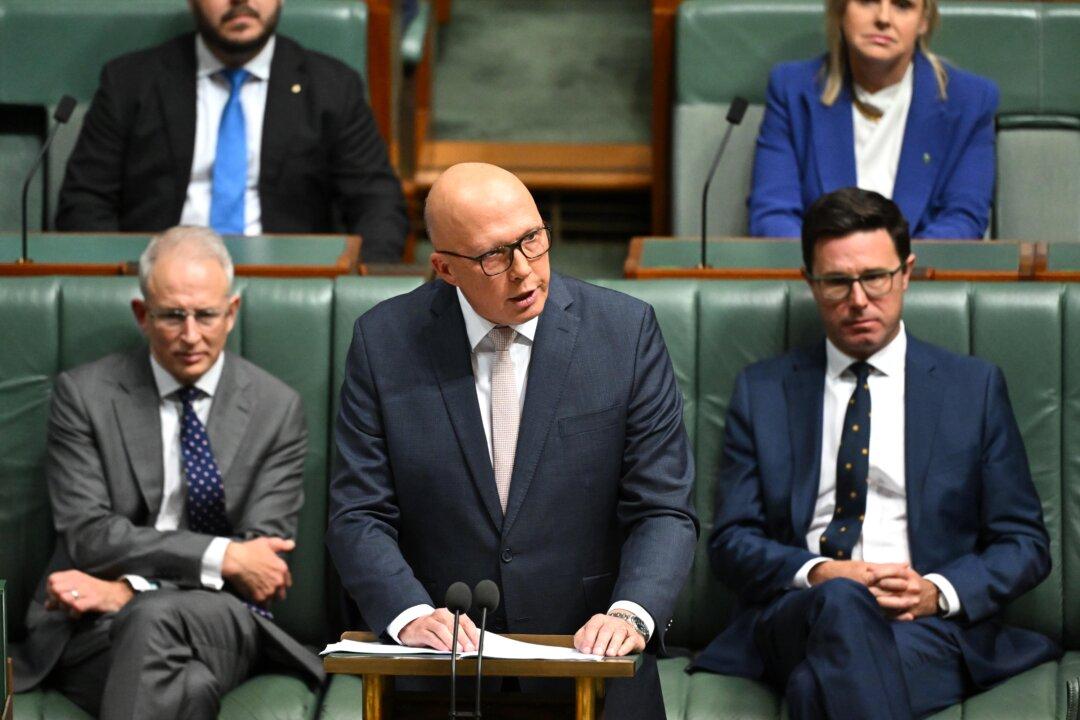Liberal-National Party (LNP) Coalition Leader Peter Dutton has characterised Labor’s 2024 Budget as “one of the most irresponsible” he has seen in his 22 year parliamentary career and says it has “set our country on a dangerous course.”
Citing the cost of living and inflation as the most serious issues facing the country, he said “the reason interest rates have gone up 12 times is because the government can’t control its spending—and because of its reckless energy policy.”





